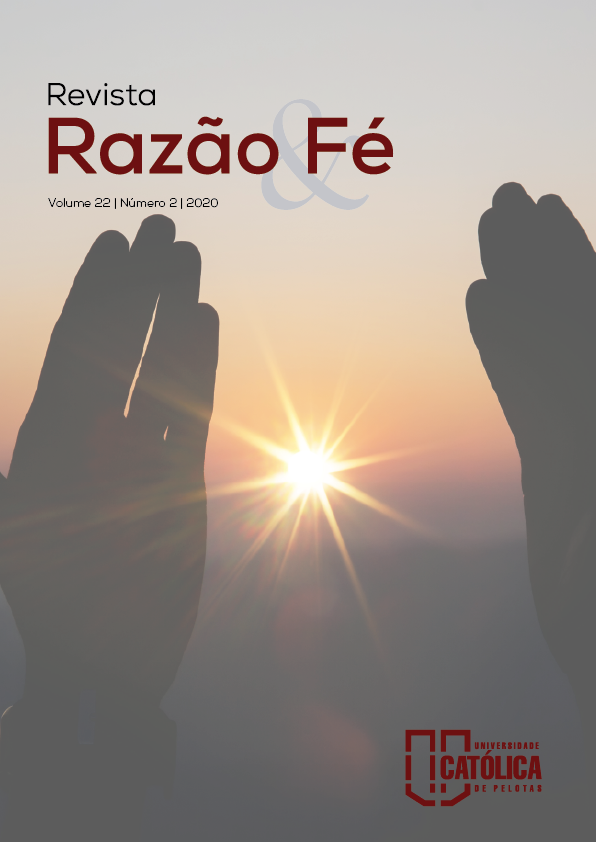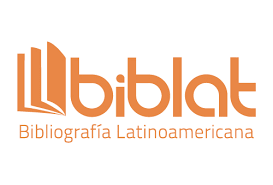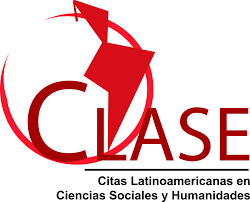O MÉTODO VER-JULGAR-AGIR: GENEALOGIA E SUA RELAÇÃO COM A TEOLOGIA DA LIBERTAÇÃO
Résumé
O método Ver-Julgar-Agir surgiu como
uma tentativa de Joseph Cardjin responder
à dura realidade em que os operários de sua
cidade, sobretudo os jovens estavam inseridos.
Cardjin notou que a Igreja estava afastada
da realidade dos operários, tanto assim que,
quando ele era seminarista e retornava para a
casa dos seus pais no período de férias, percebia
que, embora tivesse a mesma idade de seus
amigos, sentia-se deslocado daquele contexto
social. Procurando fazer frente a este anseio,
em meados de 1920, o Padre Cardjin organizou
grupos de jovens operários, inspirados por
uma metodologia própria. Algumas décadas
depois, no continente latino-americano emergia
o desejo de produzir uma reflexão teológica
menos dependente dos esquemas europeus
e com a cara e o estilo do povo deste chão:
uma teologia efetivamente prática. Batizada de
Teologia da Libertação, este sistema incorporou
em si o método Ver-Julgar-Agir, transformando-se
num conjunto epistêmico.
Téléchargements
Téléchargements
Publié-e
Comment citer
Numéro
Rubrique
Licence
Autores que publicam nesta revista concordam com os seguintes termos:- Autores mantém os direitos autorais e concedem à revista o direito de primeira publicação, com o trabalho simultaneamente licenciado sob a Licença Creative Commons Attribution que permite o compartilhamento do trabalho com reconhecimento da autoria e publicação inicial nesta revista.
- Autores têm autorização para assumir contratos adicionais separadamente, para distribuição não-exclusiva da versão do trabalho publicada nesta revista (ex.: publicar em repositório institucional ou como capítulo de livro), com reconhecimento de autoria e publicação inicial nesta revista.
- Autores têm permissão e são estimulados a publicar e distribuir seu trabalho online (ex.: em repositórios institucionais ou na sua página pessoal) a qualquer ponto antes ou durante o processo editorial, já que isso pode gerar alterações produtivas, bem como aumentar o impacto e a citação do trabalho publicado.






